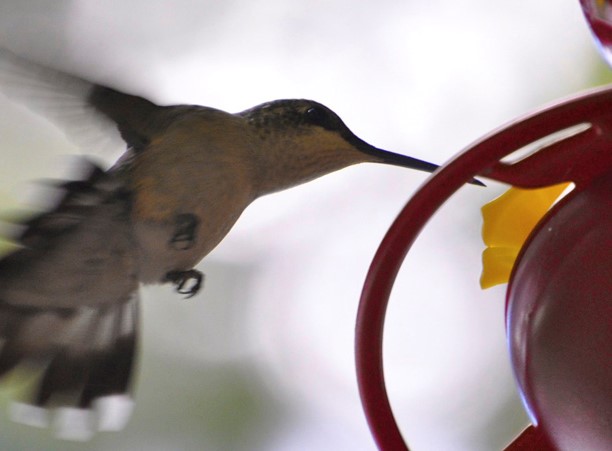Module 6: Metabolism
Section outline
-

Energy changes in living organisms are governed by two laws of thermodynamics. According to the laws of thermodynamics, the metabolism of an organism transforms matter and energy. Energy is essential to all metabolic activities. Metabolic pathways start with a single molecule, which is subsequently changed in a sequence of stages to produce a specific product. Catabolic pathways generate energy that can be saved and subsequently used to promote anabolic pathways. This module explores these concepts.
Image from Biology 2e from OpenStax, licensed under Creative Commons Attribution License v4.0 with the image credit: modification of work by Cory Zanker.Upon completion of this module, you will be able to:- Explain metabolic pathways and describe the two major types (Course Outcome #3)
- Discuss how chemical reactions play a role in energy transfer (Course Outcome #3)
- Define “energy” (Course Outcome #3)
- Explain the difference between kinetic and potential energy (Course Outcome #3)
- Discuss the concepts of free energy and activation energy (Course Outcome #3)
- Describe endergonic and exergonic reactions (Course Outcome #3)
- Discuss the concept of entropy (Course Outcome #3)
- Explain the first and second laws of thermodynamics (Course Outcome #3)
- Explain ATP’s role as the cellular energy currency (Course Outcome #3)
- Describe how energy releases energy through ATP hydrolysis (Course Outcome #3)
- Describe the role of enzymes in metabolic pathways (Course Outcome #3)
- Explain how enzymes function as molecular catalysts (Course Outcome #3)
- Discuss enzyme regulation by various factors (Course Outcome #3)
To achieve these objectives:
- Read the Module 6 Introduction
- Read and view the materials in the Module 6 Pressbooks book, embedded below by section for the chapter titled Metabolism.
- Complete the assignment and discussion forum post and response.
This module's lab activity is included as well, to occur in the lab class. Slides are available to accompany the class lecture.
Module Pressbooks Resources and Activities
You will find the following resources and activities in this module at the Pressbooks website. Click on the links below to access or complete each item.
- Explain metabolic pathways and describe the two major types (Course Outcome #3)
Background Colour
Font Face
Font Kerning
Font Size
Image Visibility
Letter Spacing
Line Height
Link Highlight
Text Colour
